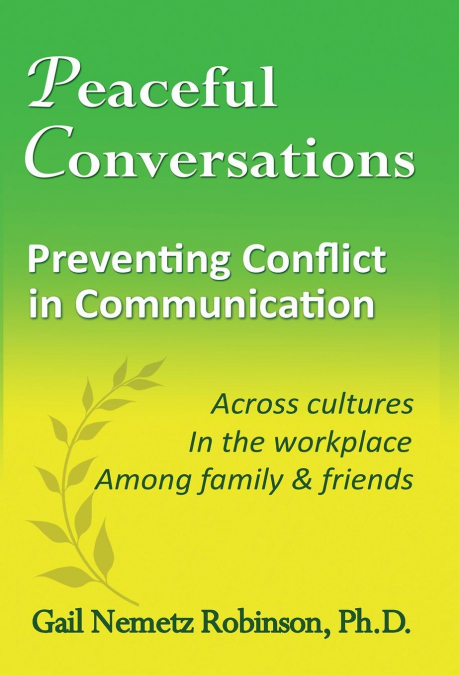
 Librería Perelló (Valencia)
Librería Perelló (Valencia)
 Librería Aciertas (Toledo)
Librería Aciertas (Toledo)
 El AlmaZen del Alquimista (Sevilla)
El AlmaZen del Alquimista (Sevilla)
 Librería Elías (Asturias)
Librería Elías (Asturias)
 Librería Kolima (Madrid)
Librería Kolima (Madrid)
 Donde los libros
Donde los libros
 Librería Proteo (Málaga)
Librería Proteo (Málaga)
One of the greatest challenges facing society is how to develop peaceful communication, empathy and mutual understanding. Entire communities are being stereotyped and targeted for hate. In the political arena, differences of opinion turn into violence. In the workplace, simple differences in communication style cause loss of clients and jobs. Children, parents, couples and friends sit around a dinner table, feeling that they are not heard or understood. Some become estranged. Even for the well-intended, automatic psychological roadblocks and cultural differences in speech styles obstruct our best efforts. We exclude others as a matter of course—in the boardroom, on the school playground, in three-party conversations. In the heat of emotional upset or a self-serving desire to win, the goal of our conversation often gets lost. What makes up empathy and effective communication? Peaceful Conversations takes a comprehensive approach and provides research based strategies that tackle the psychological traps, speech differences and problem states of mind that hinder interpersonal and intercultural communication. This book offers a wellness approach to conversation in an attempt to head off conflict before it begins.